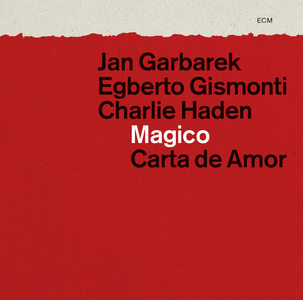
..:: audio-music dot info ::.. |
| A l b u m D e t a i l s |
 |
Label: | ECM Records |
| Released: | 2012.11.06 | |
| Time: |
51:20 / 56:12 |
|
| Category: | Jazz | |
| Producer(s): | Manfred Eicher | |
| Rating: | ||
| Media type: | CD double |
|
| Web address: | www.garbarek.com | |
| Appears with: | Keith Jarrett, Eberhard Weber, The Hilliard Ensemble |
|
| Purchase date: | 2013 | |
| Price in €: | 2,00 | |
| S o n g s , T r a c k s |
| A r t i s t s , P e r s o n n e l |
| C o m m e n t s , N o t e s |
“I know that the stars when I vanish will remain pegged way up there, fixed, immutable, gazing on the absurd hustle and bustle of men, small and ridiculous, striving with each other during the sole second of life allotted them to learn and to know about themselves, wasting it stupidly, killing one another, the ones fighting to avert exploitation by the others.”
Dolores Ibárruri
| L y r i c s |
| M P 3 S a m p l e s |